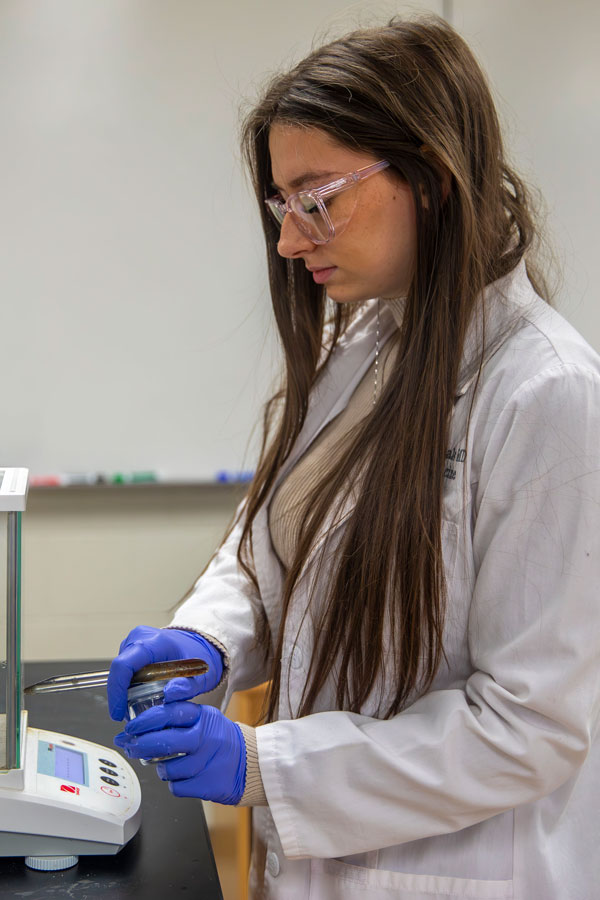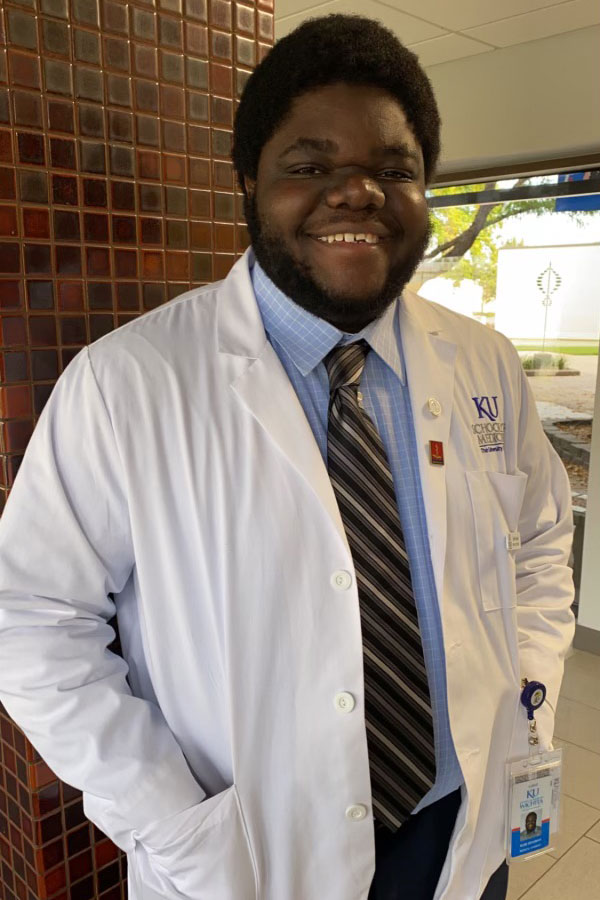
Pre-Medicine
You can take your first step to becoming a doctor on our campus.
Why study pre-medicine at Pitt-Bradford?
We will work closely with you to make sure you have taken the appropriate courses you’ll need so you’re prepared for medical school.
What will I learn?
You’ll get a solid foundation in the biological sciences, physical sciences, and behavioral sciences, so you will do well on the MCAT exam that many medical schools require. Our Pre-Health Professions Committee will help you get interviewing experience so you’ll be comfortable and confident before heading to medical school.
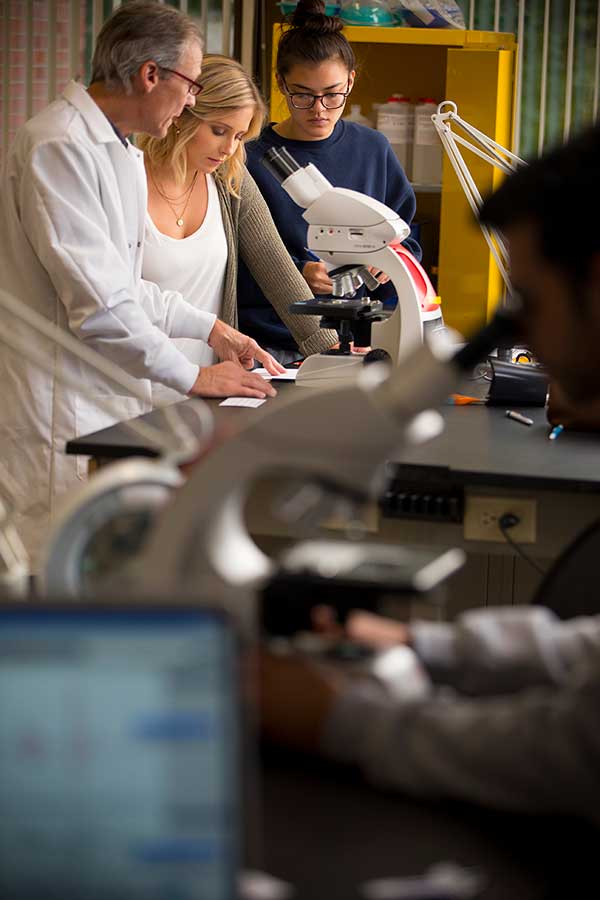
What can I do with a degree in pre-medicine?
You’ll have many opportunities to complete the other activities that medical schools are looking for. You’ll get hands-on experience in our lab, have the chance to take part in job-shadowing internships with local physicians, and conduct undergraduate research, which will to boost your chance of being accepted into medical school. You’ll also visit medical schools and listen to physicians speak. You can also join our Pre-Med Club for students.
Job titles:
- Physician
- Doctor
- Surgeon
Employers:
- Hospitals
- Private practice
- Clinics
- Sports organizations
- Insurance Company
- Law firm
- Biomedical research labs
- Medical schools
Success Stories
Gabriella Campogiani ’25
A striking moment in the early life of Gabriella Campogiani, a junior biology/pre-med major from Bradford, sparked her interest in the medical field. She's been fascinated with it ever since.
Olubumi Braimah '22
Olubumi “Bumi” Braimah found himself far from his home, when he came to Pitt-Bradford. His experience mirrors that of many students who initially applied to the Pittsburgh campus but found a home and lasting connections at Pitt-Bradford.
Yvon Woappi '11
Yvon Woappi ’11, holds a doctoral degree in biomedical sciences and is an instructor at Harvard Medical School. To get where he is today, he said that the mentorship he received as an undergraduate at Pitt-Bradford was critical.
Featured Courses
-
BIOL 1310
Animal PhysiologyThis course provides an introduction to animal structure and function. Basic mechanisms of physiology related to major systems will be covered, including neurobiology, endocrinology, movement, circulation, gas exchange, digestion, and ionic and osmotic balance. The course will use a comparative approach that emphasizes how physiological differences among species have evolved based upon the need for the animal to adapt to the environment. Three hours of lecture per week. Prerequisites BIOL 0101 and 0102. -
BIOL 1440
Cancer BiologyDiscovering a cure for cancer has been one of the most difficult challenges for modern biomedical science. This class will discuss what causes cancer, what makes cancer cells different from normal cells, and what avenues for the future treatment of cancer look promising. The scientific process and a discussion of experimental techniques used in modern cancer research will be emphasized.
More to Know
We have Early Acceptance Program affiliation agreements with Lake Erie College of Osteopathic Medicine, which will allow you to reserve a seat in one of LECOM’s health professions schools.
In the 4+4 program, you attend Pitt-Bradford for four years to earn a bachelor’s degree followed by four years at one of LECOM’s health professions schools to earn your doctorate.
Program-Related News
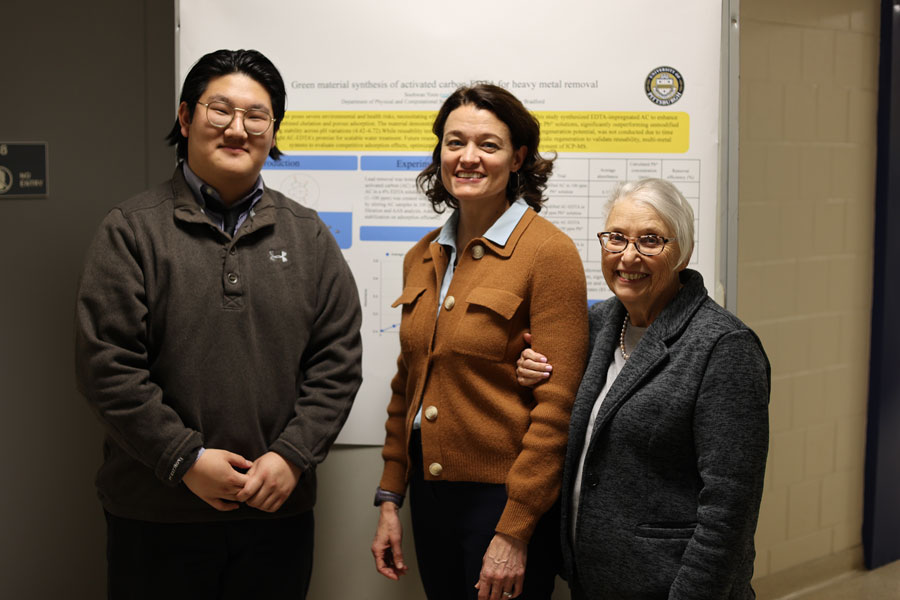
New fund supports undergraduate research
Pioneering doctor wants to give back to chemistry program.
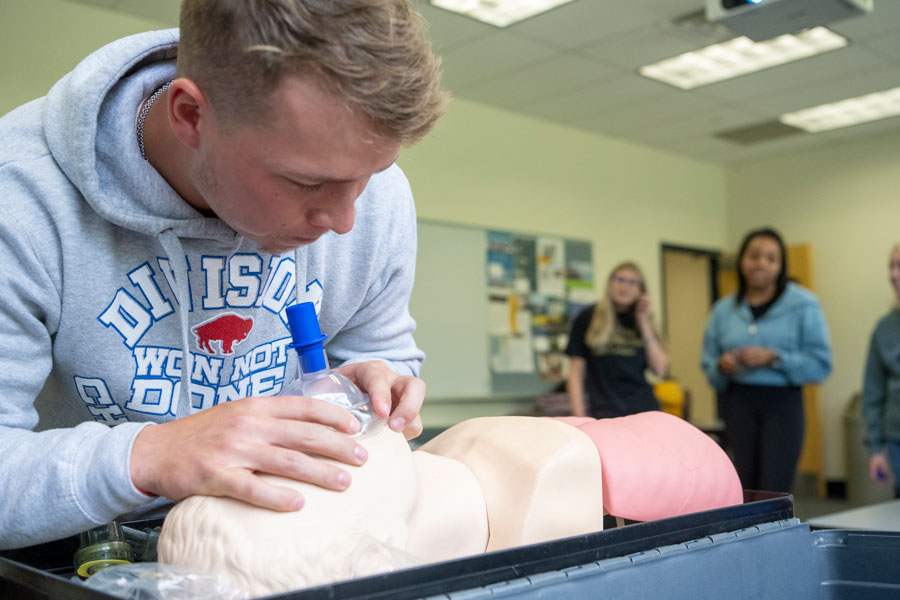
Campus to launch 4-year emergency medicine degree
Degree to result in paramedic certification; foundation for medical, graduate school.

Professor and student publish together
Work of international research team published in chemistry journal.
